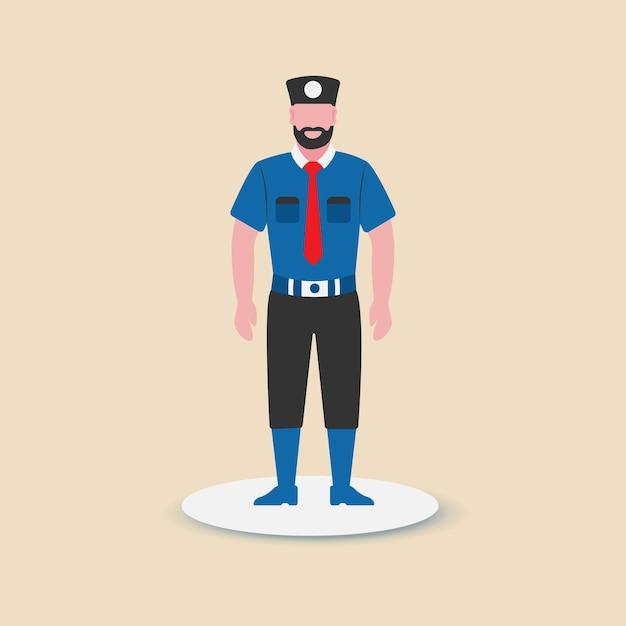Let’s dive into the intricacies of the English language and explore the nuances between “would have known” and “had known.” As language enthusiasts, we often encounter these phrases and wonder which one to use in specific situations. Don’t worry; we’ve got you covered!
Are you pondering over how to properly use “could have had in a sentence?” or seeking a better alternative for the word “would”? Perhaps you want to understand the distinction between “would have known” and “had known.” We’ll address all of these questions and more in this comprehensive blog post.
We’ll also shed light on other grammatical concerns such as if “could” is past tense, the difference between “Had I known” and “If I had known,” alternatives for “could,” whether it’s correct to say “would be” or “will be,” the meaning behind “could’ve had,” and the grammatical usage of “can” and “could.”
By the end of this blog post, you’ll have a firm grasp on these language intricacies, empowering you to communicate more effectively. So, let’s start exploring and unraveling the mysteries of “would have known” versus “had known”!

Would Have Known vs Had Known
We often find ourselves pondering over the intricacies of the English language, especially when it comes to verb tenses. One particular conundrum that tends to bewilder many is the distinction between “would have known” and “had known.” These two phrases may appear similar, but they have distinct uses and meanings. Allow me to shed some light on this linguistic enigma.
Understanding “Had Known”
Let’s start by unraveling the mystery behind “had known.” This phrase is used to refer to a past event or situation that someone was aware of. It implies that the knowledge or awareness existed before a certain moment in the past. For example:
If I had known about the traffic jam, I would have left earlier.
In this case, the person expresses regret for not having prior knowledge of the traffic and acknowledges that if they had known, they would have taken action accordingly.
Unveiling “Would Have Known”
On the other hand, “would have known” is typically used in conditional or hypothetical situations. It involves imagining a different outcome based on a different past event or circumstance. Consider this example:
If she had called me, I would have known about the party.
In this instance, the absence of a call prevented the person from attaining knowledge about the party. By using “would have known,” we express the hypothetical situation in which knowing about the party was contingent upon receiving a call.
The Fine Distinctions
To put it simply, “had known” deals with past knowledge or awareness, while “would have known” reflects hypothetical situations and missed opportunities. The former focuses on the past event itself, whereas the latter highlights the potential consequences of a different past event.
When we say “had known,” we imply an action or decision could have changed if knowledge had been present. Conversely, when we say “would have known,” we suggest that a different outcome or response could have occurred if a different past event had taken place.
Mastering the Art of Verb Tenses
Understanding the nuances between “would have known” and “had known” is just one step towards mastering the intricate world of verb tenses. Remember, using the correct verb tense is essential in effective communication. So, while these phrases may initially appear perplexing, with practice, you’ll find it much easier to navigate the labyrinth of English grammar.
So, the next time you find yourself grappling with the intricacies of verb tenses, take a step back, analyze the situation, and decide whether you need to express regret for a past event using “had known,” or ponder a hypothetical scenario using “would have known.” By mastering the art of verb tenses, you can elevate your writing to new heights and impress your readers with your linguistic prowess.
Happy writing, folks!

FAQ: Would have known vs. had known?
Welcome to our FAQ section where we answer common questions about the usage of “would have known” and “had known.” Don’t worry, we’ve got you covered!
Could have had in a sentence
Certainly! “Could have had” is a phrase used to express a missed opportunity in the past. For example, “She could have had the promotion if she had worked harder.” It’s like looking back and saying, “Oops, I missed out!”
What is a better word for would
Ah, good question! Sometimes, using the same word repeatedly can be a bit repetitive. Instead of using “would” over and over, you can consider alternatives like “might,” “could,” or even “likely.” It adds a touch of variety to your writing, making it more engaging for readers.
Would have known vs. had known
Ah, the classic dilemma! Both “would have known” and “had known” refer to knowledge or awareness of something in the past. However, there is a subtle difference between the two. “Would have known” implies a hypothetical situation or a condition that did not actually happen, while “had known” suggests an action that was not taken based on prior knowledge. So, it all depends on the context and what you’re trying to convey.
Is the word could past tense
Absolutely! “Could” is not only the past tense of “can,” but it also helps express possibility or ability in the past. It adds flavor to your sentences, like a dash of paprika in a recipe. So, sprinkle some “could” in your writing to spice things up!
Had I known vs. If I had known
Ah, the battle of conditional clauses! “Had I known” and “If I had known” are both correct and essentially mean the same thing. However, “Had I known” has a more formal and elegant vibe, while “If I had known” is a bit more casual. It’s like choosing between attending a fancy gala or a relaxed backyard BBQ – both enjoyable, but with different atmospheres.
What is another word for could
Oh, the possibilities are endless! If you’re tired of using “could” repeatedly, you can switch it up with words like “might,” “can,” “is able to,” or even “has the potential to.” It’s like having a buffet of words to choose from, so go ahead and indulge!
Which is correct: would be or will be
Ah, the eternal battle of “would” and “will”! The correct choice ultimately depends on the context. “Would be” is used when discussing hypothetical situations or expressing polite requests, while “will be” is used when stating a future event or intention. So, pick the one that fits your sentence like a perfectly tailored suit!
Could’ve had meaning
Ah yes, the contraction “could’ve.” It’s a more casual way of saying “could have.” So when you say “could’ve had,” you’re expressing a missed opportunity in the past. It’s like sighing over the road not taken, but with a sense of acceptance and a hint of sarcasm.
Would you or will you marry me
Oh, romance is in the air! The classic question of commitment. “Would you marry me?” is often used to propose politely or hypothetically, while “Will you marry me?” is more direct and asks about future intention. Choose your words wisely, and don’t forget the ring!
Why do we use would instead of will
Ah, the mystery of “would” and “will.” We use “would” when discussing hypothetical or uncertain situations, while “will” is used for statements of certainty or plans in the future. So, if you’re not quite sure about something, “would” is your go-to word. It’s like your linguistic safety net!
Is could had correct
Ah, an intriguing question! While “could had” may sound correct, it’s actually not grammatically accurate. To express the past ability or possibility, we use the phrase “could have” followed by the past participle of a verb. So, remember to say “could have had” instead of “could had.” Keep up the good grammar!
Can and could grammar
Oh, the wonders of “can” and “could”! These sneaky little words are both used to express ability, permission, or possibility. “Can” is the present tense, while “could” is the past tense or the conditional form. So whether you’re talking about present capabilities or imagining scenarios, “can” and “could” are your helpful grammar buddies.
That wraps up our FAQ section on “would have known” vs. “had known.” Hopefully, we’ve cleared up any confusion and provided you with some valuable insights. Remember, mastering language is a never-ending journey, so keep exploring, experimenting, and enjoying the wonders of words!
